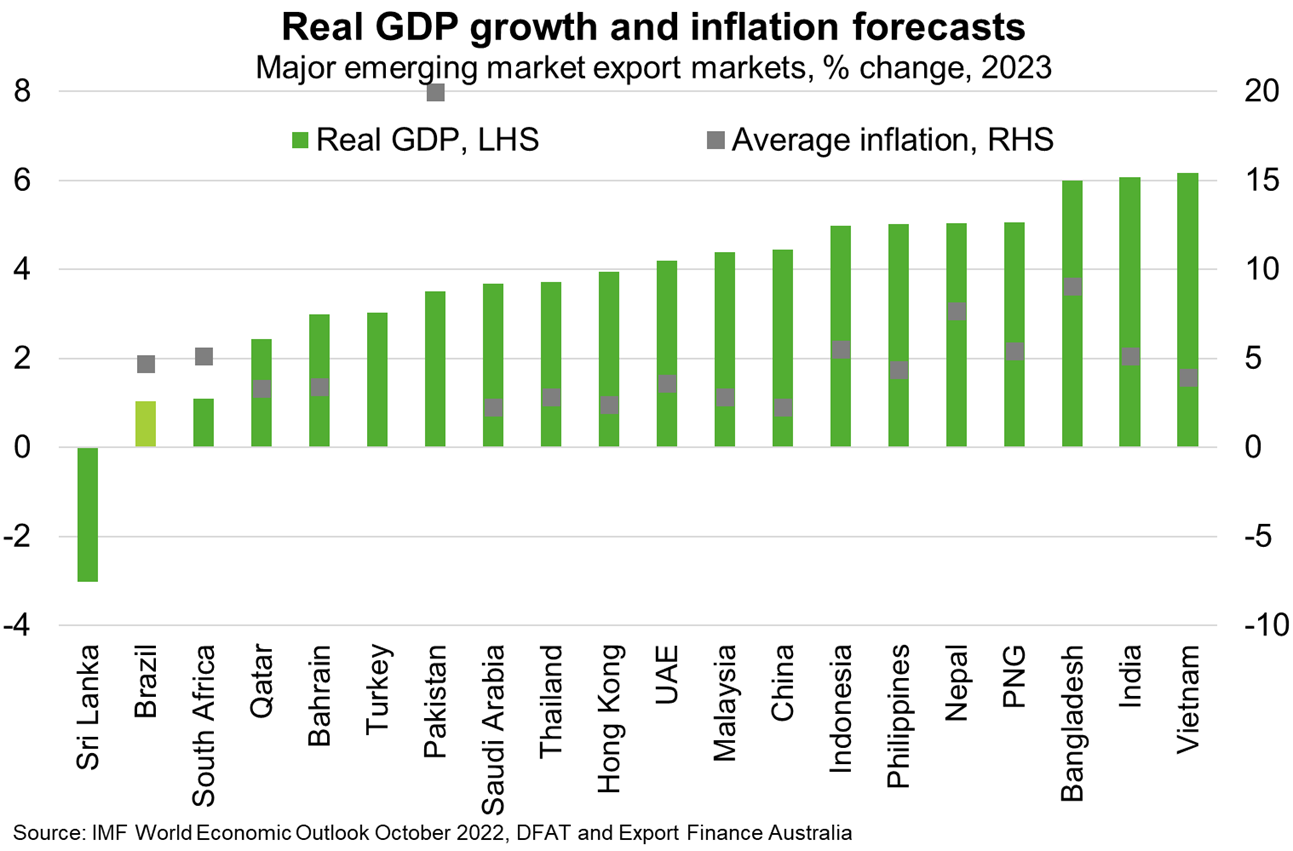Brazil—Lula’s fragile mandate will prolong policy uncertainty
Leftist former President (2003-2010) Luiz Inacio Lula da Silva won Brazil’s presidential run-off against incumbent populist Jair Bolsonaro, with 50.9% of the vote to 49.1%. The victory was the thinnest in Brazilian presidential election history, highlighting profound political and social polarisation. Poorer states voted heavily for Lula, while richer regions and increasingly parts of Amazonia, supported Bolsonaro. Bolsonaro has yet to concede defeat, following frequent claims that the electronic system was susceptible to fraud. But he has signalled compliance with the constitution and ‘authorised’ the start of the transition process to the new President. Feared military intervention is thus unlikely to eventuate despite continued protests and risk of violence ahead of Lula’s inauguration on January 1.
That said, Lula’s ambitious statist reforms and social spending plans will be challenged by a legislative minority, weak economic outlook and strained public finances. Bolsonaro supporters hold the largest state government, and the Congress elected in early October is mostly conservative. The IMF forecasts meagre real GDP growth of just 1% in 2023 (Chart), amid tight monetary policy and a weakening global economy, while inflation hit 6.5% through the year in October. Meanwhile, a proposal by Lula’s transition team to skirt a constitutionally imposed spending cap by creating a carve-out for US$37 billion of welfare has triggered financial market jitters given already elevated public debt levels.
This adverse fiscal, economic and political context is likely to afford Lula only a short honeymoon period and will challenge governability and political stability into the medium term. These headwinds may also erode business opportunities in Australia’s largest Latin American export market ($2.7 billion in 2021).

